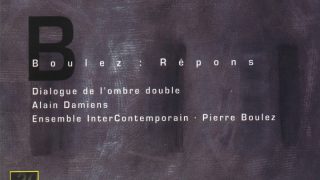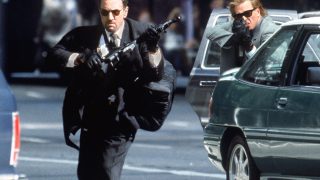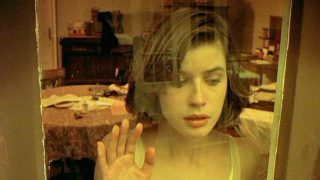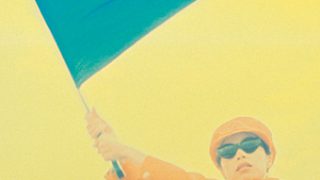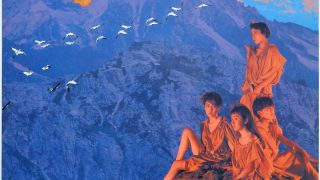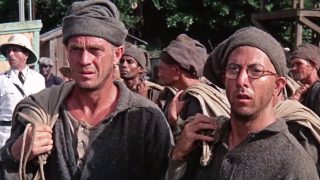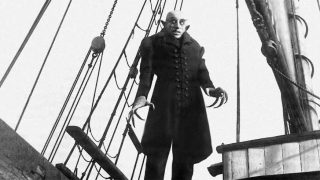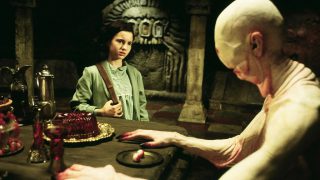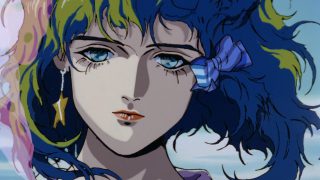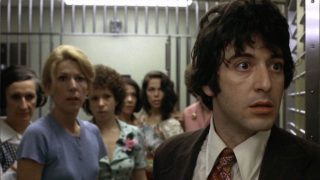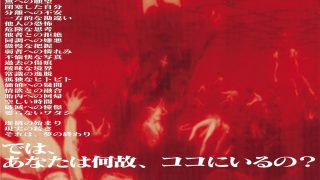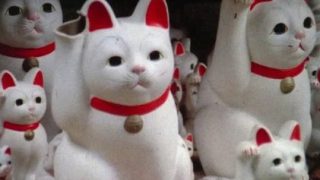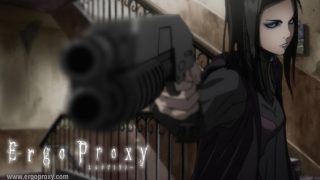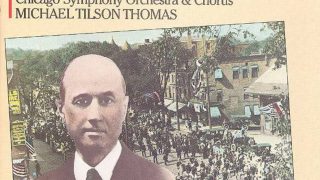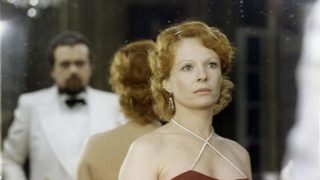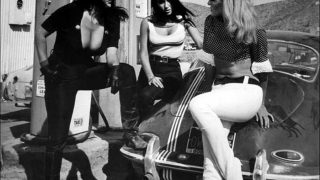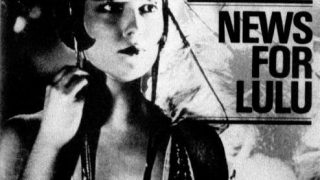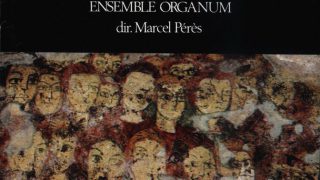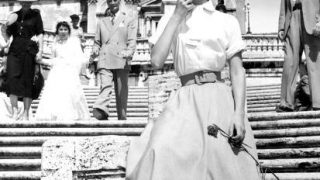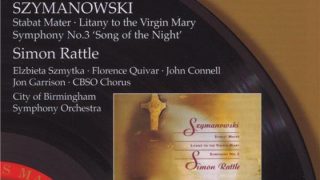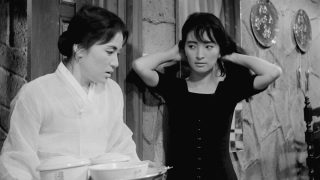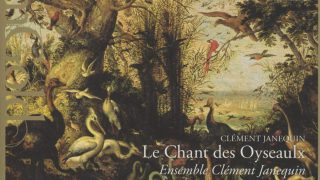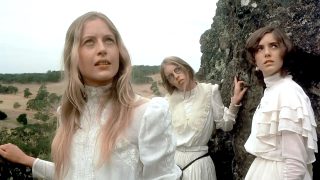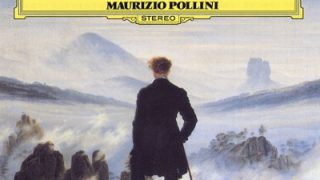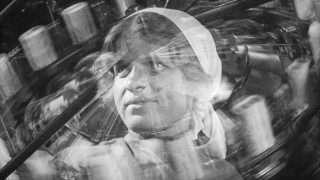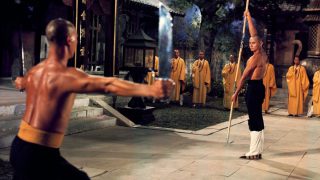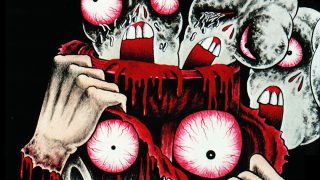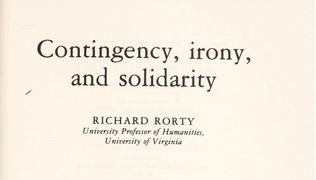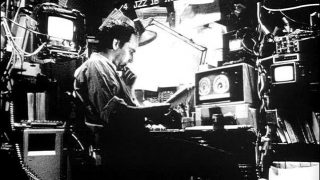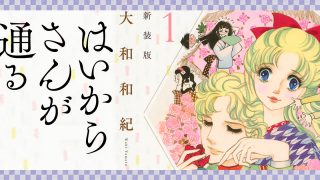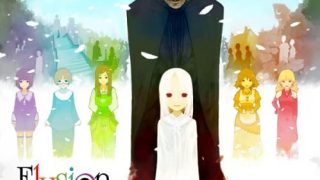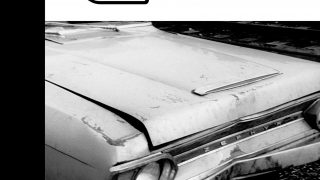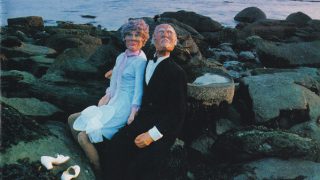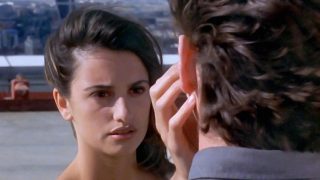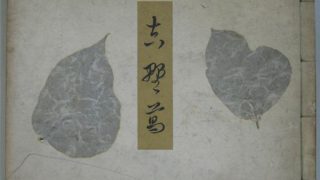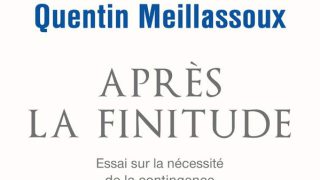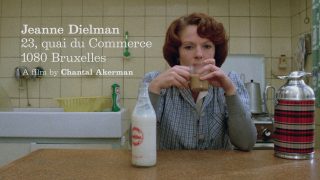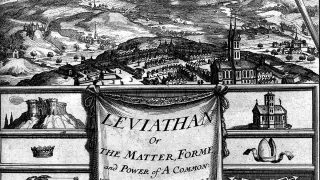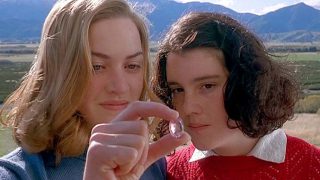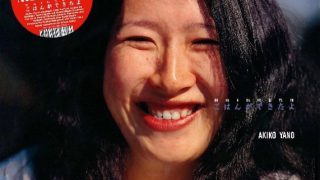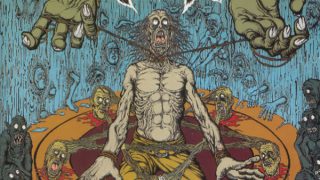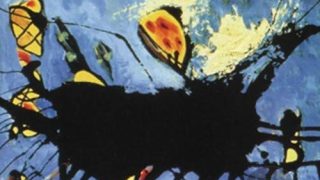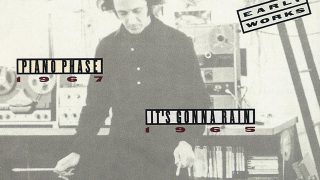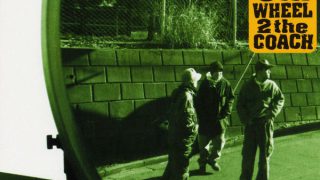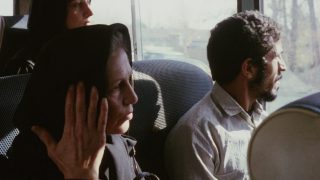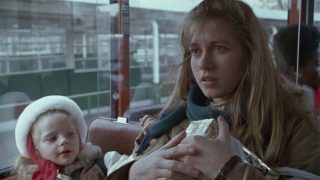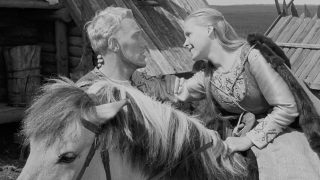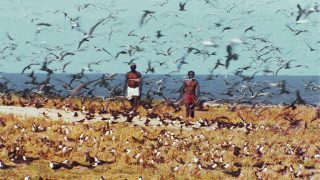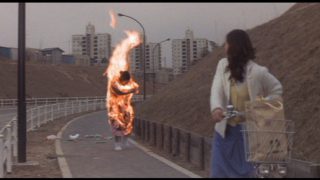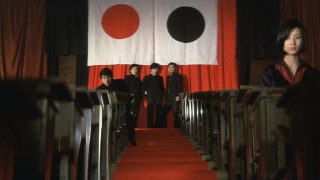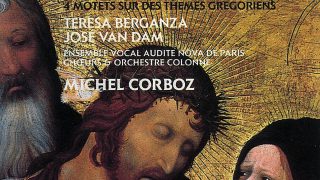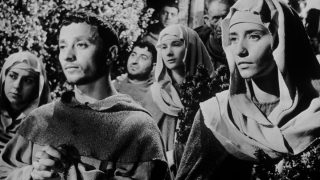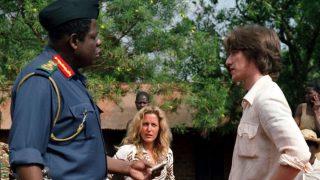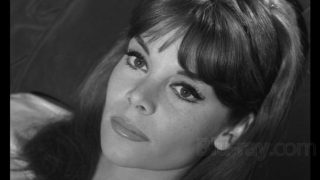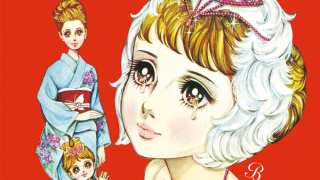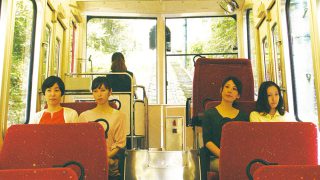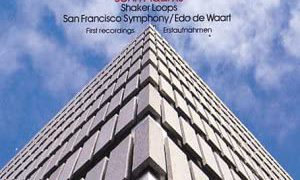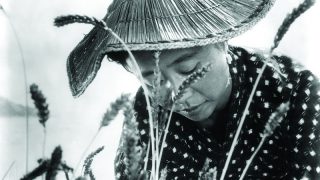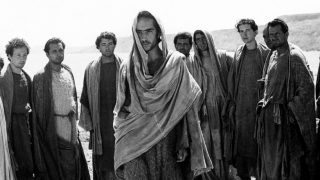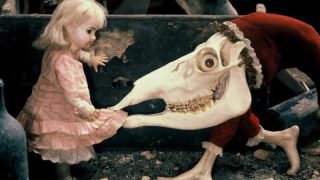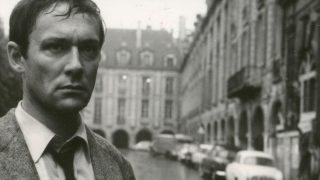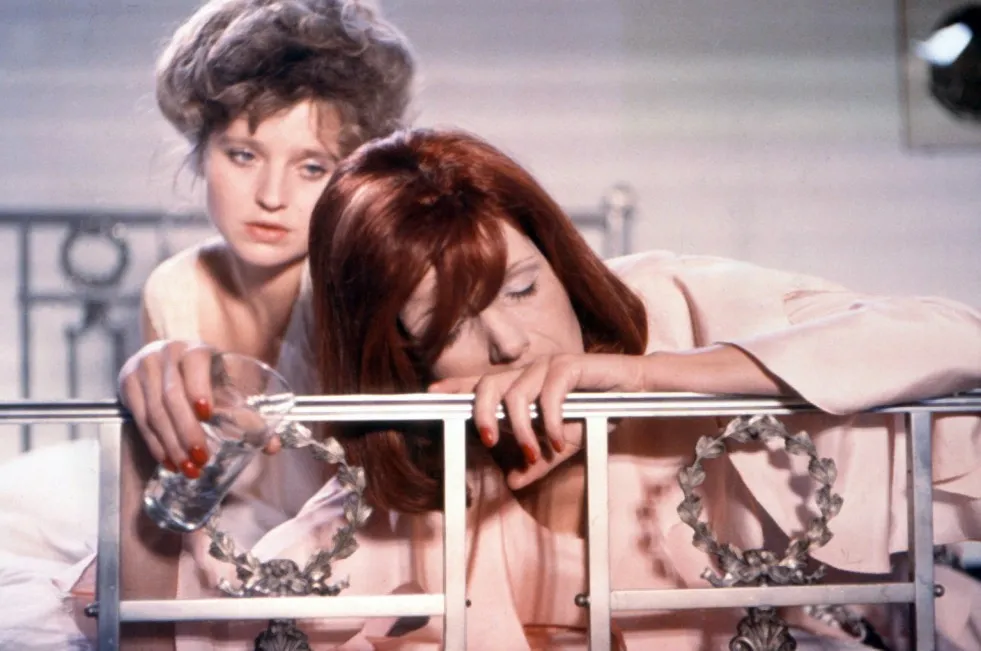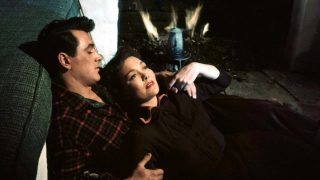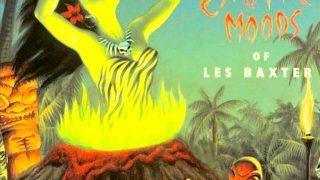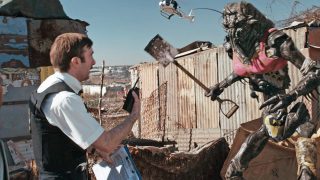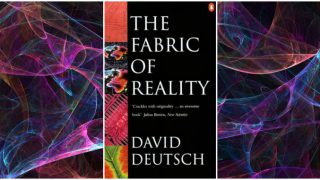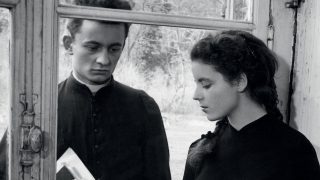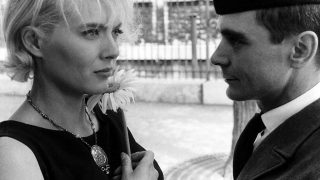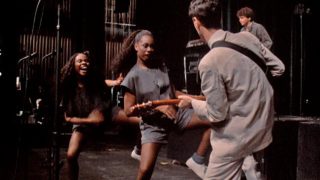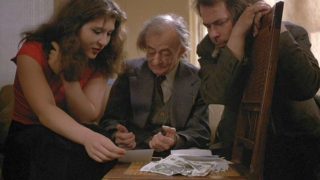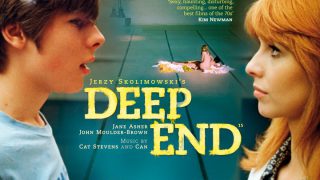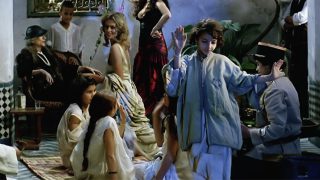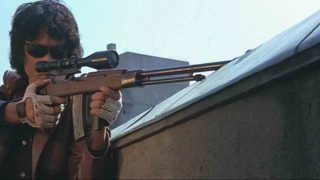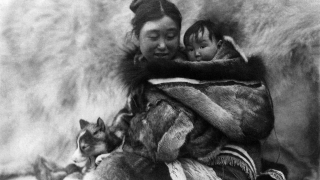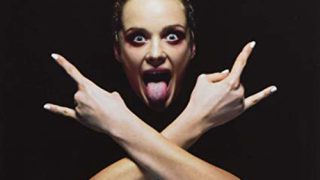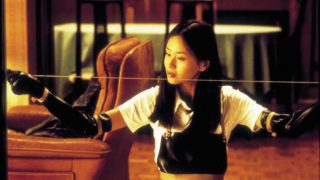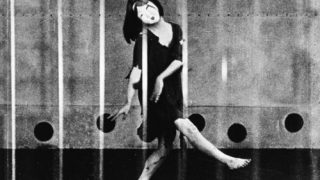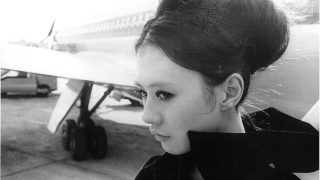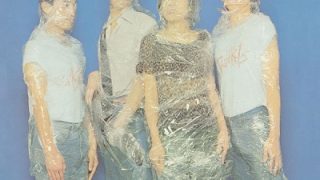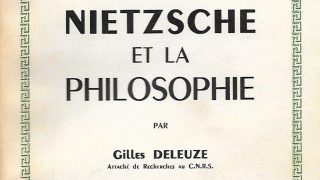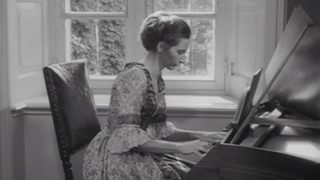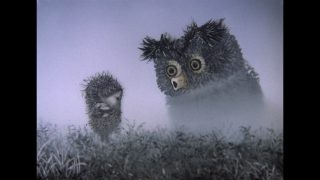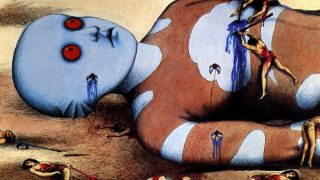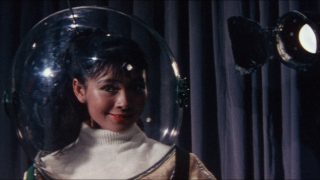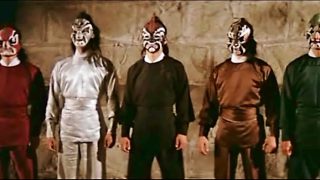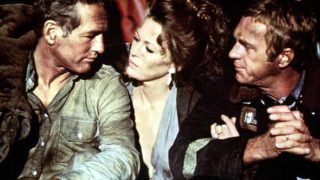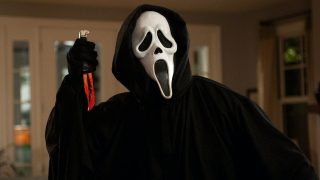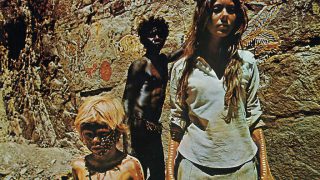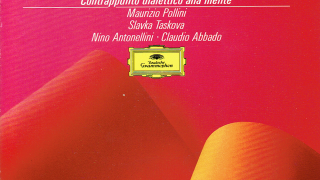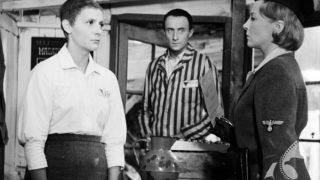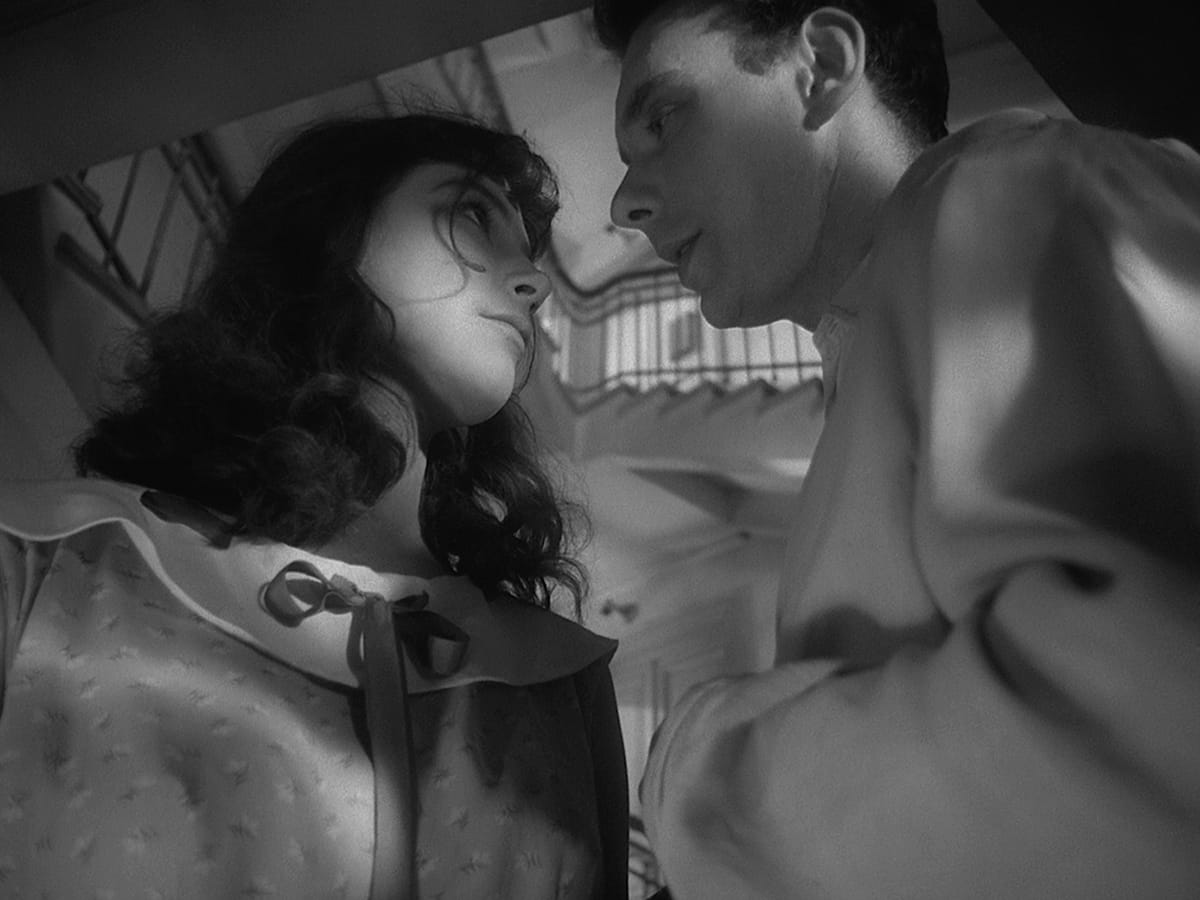Overview
“The Cranes Are Flying” (original Russian title: Летят журавли) is a 1957 Soviet drama film depicting lovers separated by war in the historical context of the German-Soviet War (1941–1945. It was called “the Great Patriotic War” in the former Soviet Union) of the Eastern Front of the Second World War.
Directed by Georgian-born Soviet film director Mikhail Kalatozov.
Starring Tatiana Samoilova and Aleksey Batalov.
Cinematography by Sergey Urusevsky.
Music by Moisey Vaynberg.
The production company was Mosfilm.
It was an adaptation of the play “Вечно живые / Life Eternal” (1943) by Viktor Rozov. Rozov also wrote the screenplay of the film in cooperation with Kalatozov.
Black & white. 97 minutes.
It won the Palme d’Or at the 1958 Cannes Film Festival.
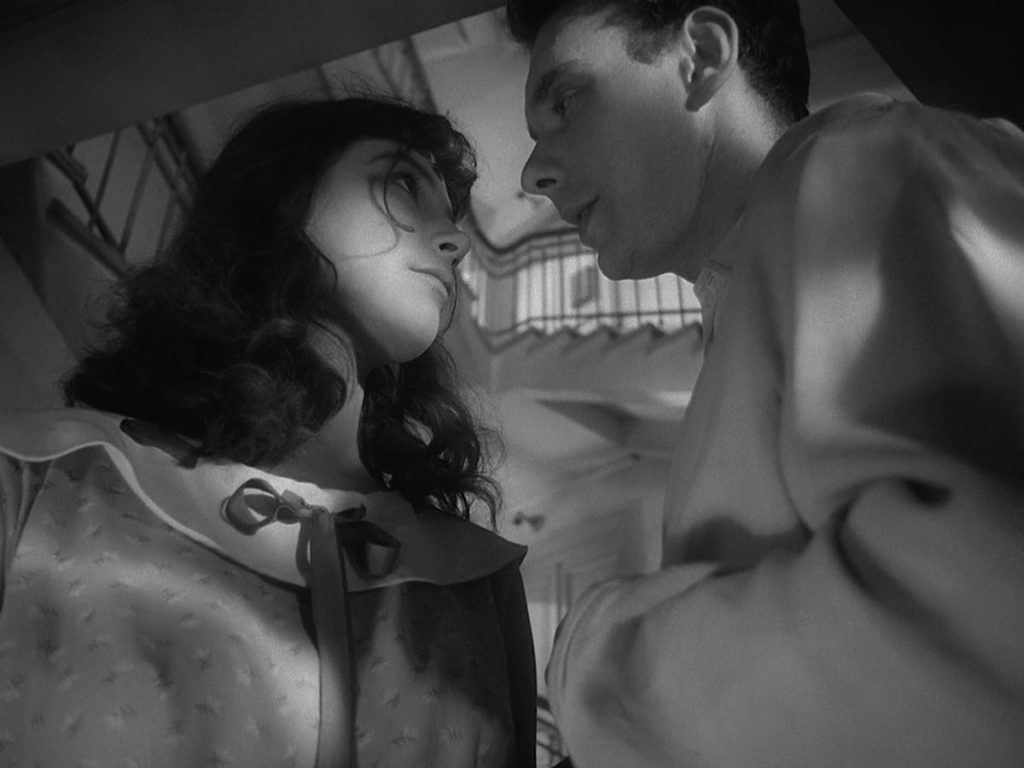
Plot Outline
In Moscow, 1941. Veronika (Tatiana Samoilova) is about to get married to her boyfriend Boris (Aleksey Batalov), but Nazi Germany begins invading into the Soviet Union, and Boris goes to war.
Veronika loses her parents and house in an air raid. She starts living with Boris’s family.
Veronika is forced to get married to Boris’s cousin Mark (Aleksandr Shvorin).
To escape the German offensive, Boris’s family is relocated to Siberia with Veronika. Veronika starts working as a nurse in a military hospital run by Boris’s father Fyodor (Vasili Merkuryev).
Veronika keeps waiting for Boris, believing that he will come back alive.
Commentary
In the Soviet Union under the Stalinist regime (1929–1953), war films had been produced as propaganda films based on patriotism ideology, and in the films, Soviet soldiers had been portrayed as heroes.
The film “The Cranes Are Flying” was completed in 1957 after the death (1953) of Joseph Stalin and Nikita Khrushchev’s criticism against Stalin (1956).
The film is a landmark in Russian/Soviet film history in that it depicted the Great Patriotic War as personal experiences of the people in the home front. It is an early masterpiece in the period of so-called “Khrushchev Thaw”.
“The Cranes Are Flying” is a lyrical drama film depicting the tragedy of lovers separated by war.
The performance of Tatiana Samoilova, who played the role of Veronika, is impressive.
The film is characterized by its modern images reminiscent of the Russian avant-garde and constructivism. The cinematography by Sergey Urusevsky is still amazing today. It features dynamic camerawork by the use of hand-held cameras and cranes, geometric composition, and shots influenced by Aleksander Rodchenko’s foreshortened perspective called “Rakurs”.
It has two impressive scenes with the use of overlap technique: the scene of Boris who has a vision of his wedding to Veronika after getting shot at the battlefront, and the scene of Veronika who tries to throw herself from a railroad bridge after running.
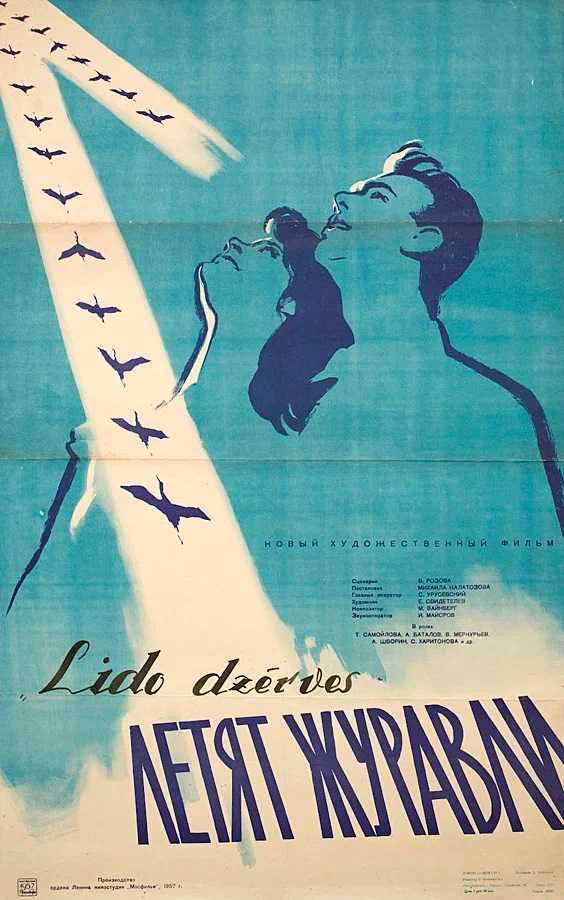
- Cross-Search for “The Cranes Are Flying” on JustWatch
- Search for “The Cranes Are Flying” on Amazon.com
Plot (Spoiler Alert)
In Moscow, on June 22, 1941, Veronika and her boyfriend Boris watch cranes fly over the city as the sun rises.
Radio Moscow breaks the news that Nazi Germany began invading into the Soviet Union.
Veronika and Boris love each other. They are about to get married.
Boris’s father Fyodor is a doctor. Boris is working in a factory. He lives with his parents, his sister Irina (Svetlana Kharitonova), his grandmother, and his cousin Mark.
Mark is a pianist. He tells Veronika that he loves her, but she rejects him.
Boris and his co-worker Stepan (Valentin Zubkov) volunteer for the army.
He asks his grandmother to give Veronika her birthday gift (a stuffed squirrel toy in a basket).
Veronika searches for Boris at his apartment and the assembly station, but he has already gone and she can’t see him.
Veronika keeps waiting for Boris to write to her.
Veronika loses her parents and house in a German air raid. Boris’s family invites the orphaned Veronika to their house and starts living with her.
When Veronika and Mark are alone in the apartment during an air raid, Mark rapes Veronika.
Veronika is forced to get married to Mark.
During a reconnaissance mission at the Eastern Front, Boris and another soldier Volodya (Konstantin Nikitin) get shot. Boris saves Volodya’s life, but Boris dies. In his final moments, Boris has a vision of his wedding to Veronika.
To escape the German offensive, Boris’s family is relocated to Siberia with Veronika. Veronika starts working as a nurse in a military hospital run by Fyodor.
Veronika keeps waiting for Boris, believing that he will come back alive.
However, she feels guilty about marrying Mark, and she is despised by Boris’s family who considers her to have betrayed Boris.
Veronika escapes from the hospital. She runs through a white birch forest, runs side by side with a train, and then tries to commit suicide by throwing herself in front of a train from a railroad bridge, but she sees a boy child about to be hit by a car and rescues him.
The boy is an orphan and his name is Boris. Veronika takes the boy home.
Mark gives Veronika’s stuffed squirrel toy to his mistress Antonina at her birthday party. Antonina finds that Boris’s letter for Veronika has been hidden in the bottom of the basket.
Veronika hears from Boris’s sister Irina about the toy. Veronika storms into the party and gets the toy and the letter back from Antonina.
Fyodor learns that Mark has been dodging the draft. Mark leaves Fyodor’s house.
Veronika starts raising the orphan boy Boris as a member of the family.
Volodya returns from the war and tells Boris’s family that Boris is dead in the war.
In 1945, the war ended.
Veronika can’t believe that Boris is dead. Veronika keeps waiting for Boris, believing that he will come back alive.
Boris’s unit returns. Veronika carries a huge bouquet of flowers and rushes to the celebration at the train station.
Veronika meets Stepan again. She realizes that Boris is dead and bursts into tears.
Stepan gives a speech and talks about their joy of victory, hatred of war, and grief of those who lost loved ones.
Veronika hands out her flowers to the returning soldiers and their families. Cranes are flying again in the sky over Moscow.

